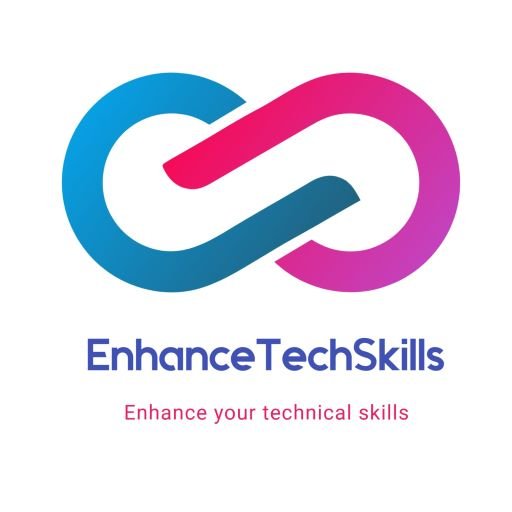What is Spring?
Spring is an open-source framework for building enterprise-level applications in Java. It provides a comprehensive programming and configuration model for modern Java-based enterprise applications. The Spring framework consists of several modules that provide various functionalities and services to simplify the development process. Some of the core features of the Spring framework include:
1. Inversion of Control (IoC) – Spring provides a way to manage dependencies between objects, which makes the code more modular, easier to maintain, and testable.
2. Asect-oriented programming (AOP) – Spring provides AOP support, which enables developers to separate cross-cutting concerns like logging, security, and transaction management from business logic.
3. Data access support – Spring provides a set of APIs for working with databases, including JDBC, ORM, and NoSQL technologies.
4. MVC web framework – Spring provides a robust and flexible web application development framework, which includes features such as model-view-controller (MVC) architecture, web services support, and REST APIs.
Overall, Spring is a powerful framework that simplifies the development of enterprise-level Java applications by providing a set of reusable components, which enable developers to focus on business logic and not worry about low-level infrastructure details.
Spring Syllabus
Introduction to Spring Framework
Overview of Spring Framework
Spring Architecture and Modules
Setting up the Spring environment
Understanding Inversion of Control (IoC) and Dependency Injection (DI)
Spring Core
Spring Bean Configuration
Bean Scopes
Bean Lifecycle and Callbacks
Working with Property Sources
Annotations and Stereotypes
Spring AOP
Aspect-Oriented Programming (AOP) concepts
AOP Proxies and Advice
Pointcut Expressions
Integrating AOP with Spring
Spring Data Access
Introduction to Spring Data Access
JDBC Template and DAO support
Object Relational Mapping (ORM) with Spring
Transactions with Spring
Spring MVC
Introduction to Spring MVC
Controllers and Request Handling
View Resolution and Data Binding
Validation and Conversion
Interceptors and Filters
Spring Security
Introduction to Spring Security
Authentication and Authorization
Web Security with Spring Security
Securing REST APIs with Spring Security
Spring Boot
Introduction to Spring Boot
Auto-configuration and Convention over Configuration
Spring Boot Starters and Actuators
Packaging and Deploying Spring Boot Applications
Spring Integration
Introduction to Spring Integration
Message Channels and Endpoints
Message Transformations and Routing
Spring Integration with Other Systems
Spring Batch
Introduction to Spring Batch
Batch Processing with Spring Batch
Job Configuration and Execution
Chunk-Based Processing
The above topics are just a general outline of what may be covered in a Spring syllabus, and the actual content may vary depending on the course or training program you are taking. It’s also worth noting that Spring is a vast framework with many modules and features, so it’s recommended to have a good understanding of Java programming concepts and object-oriented design principles before diving into Spring.




